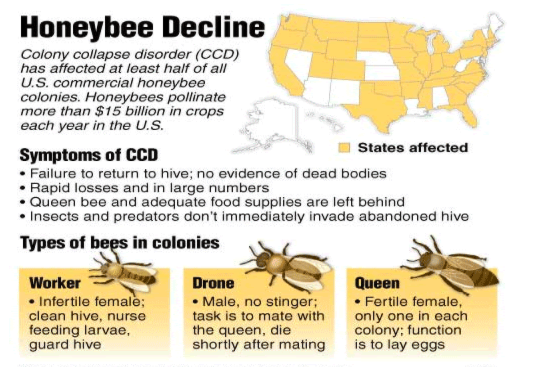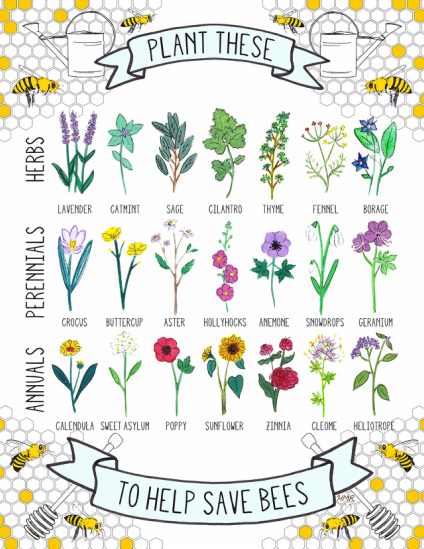Apiary Studies

It is estimated that one third of the human food supply depends on insect pollination, most of which is accomplished by bees. However, in late 2006, the decline of honeybee colonies became dramatic and significant in the United States, and beekeepers worldwide began coining this new phenomenon as "Colony Collapse Disorder", or CCD for short. There are a matrix of issues contributing to the global bee crisis including habitat loss, pesticide application, and disease, to name a few. In the United States, the EPA has been working aggressively to protect bees and other pollinators from pesticide exposure.

The Applegate Valley is home to many hobbyist and commercial beekeepers. These beekeepers provide an important service to help pollinate the many crops in the region. In the next few years, Ruch Outdoor Community School hopes to become one of only a handful of public schools in the nation with an on-site apiary to study the complexity of CCD through hive monitoring. Located adjacent to the junior high classrooms, the school beehives will create a sweet learning experience for all who participate. In addition to studying the art and practice of keeping bees, Ruch students plant flowers in corridor patches on campus to restore natural habitat for pollinators and explore the unique relationship between the two.
Why are bees important?
Here are some words of wisdom from local nonprofit organization Bee Girl about the crucial role of bees in our world: